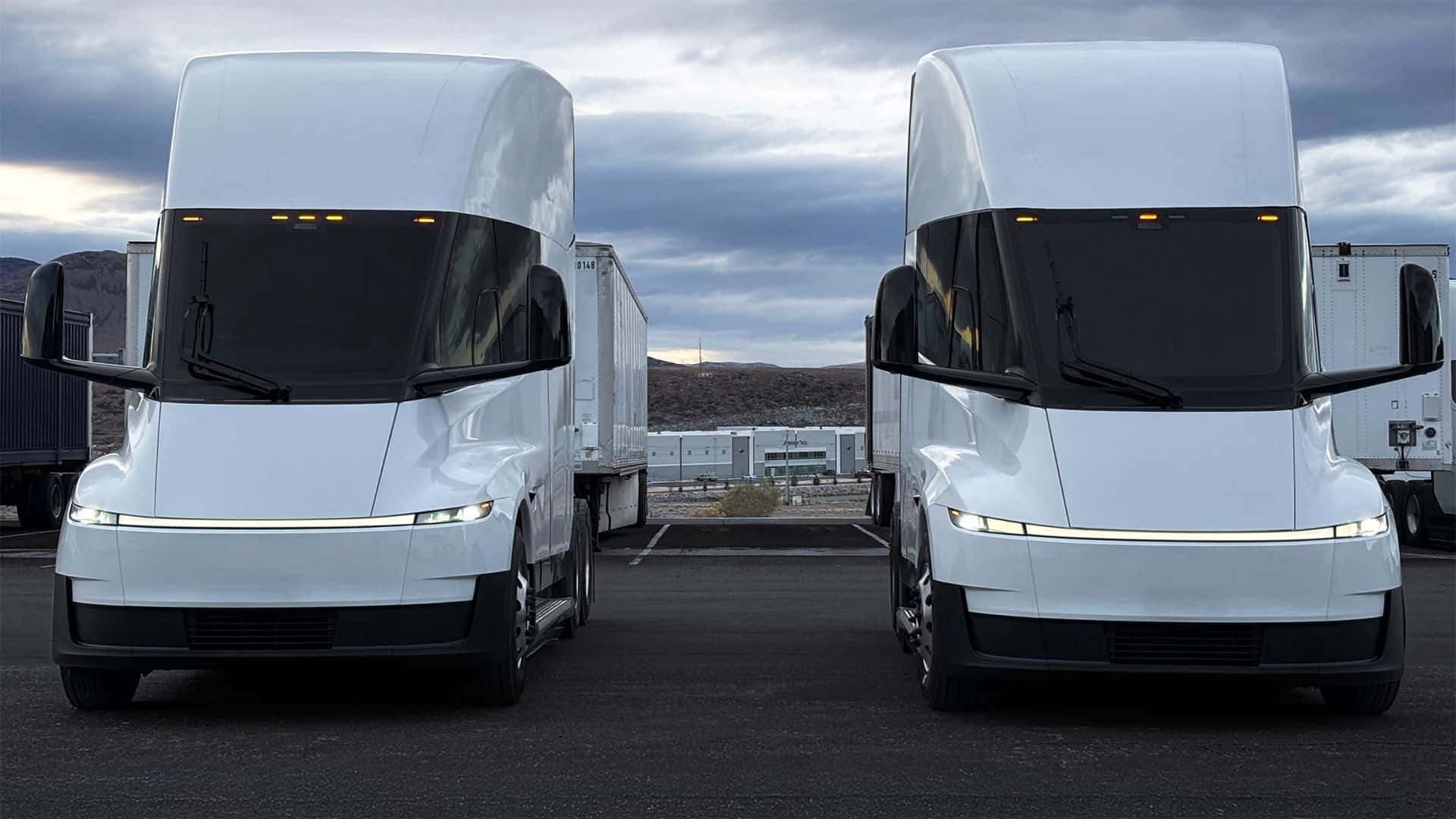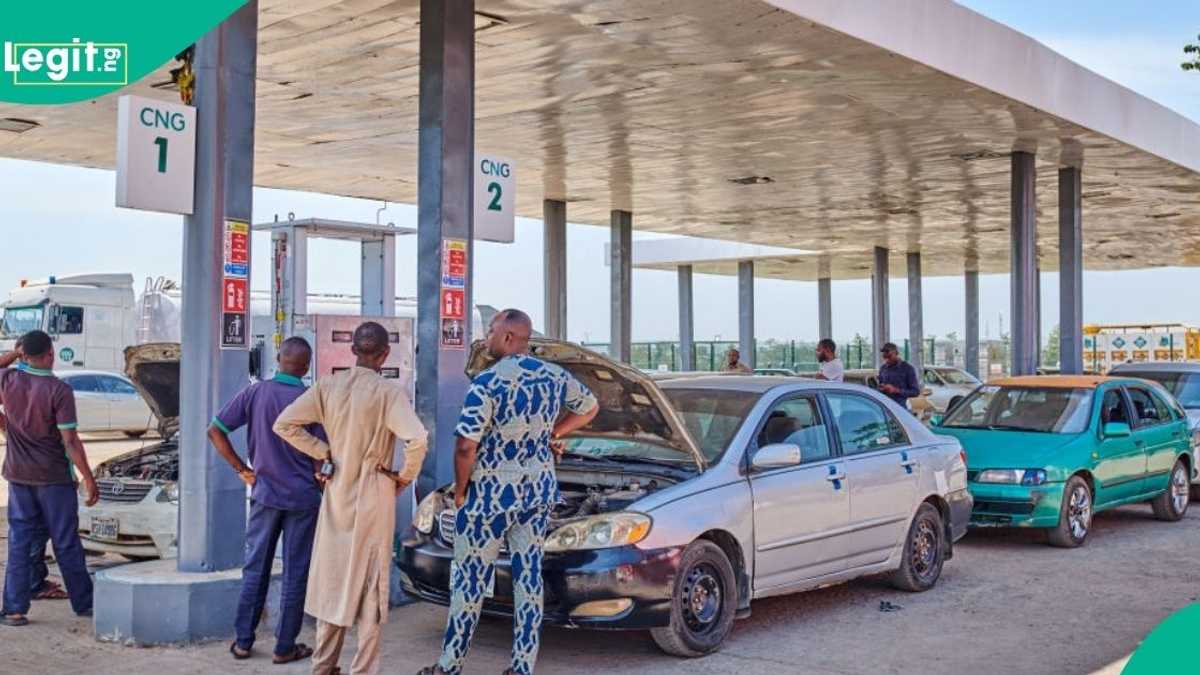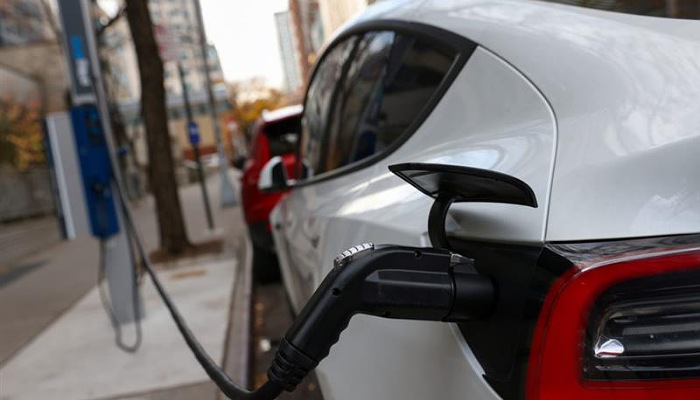
A few chargers can give you more power in a more limited measure of time, while others take more time yet are simpler to use at home. It’s vital to figure out how both work so you can settle on the ideal decision given your requirements and way of life.
The Slower but Consistent Charging Choice
One method for charging your vehicle is a technique that takes more time but is not difficult to use at home. This is an exceptionally familiar way individuals charge their electric vehicles short-term while they rest. Envision connecting your telephone before bed and awakening to a completely energized gadget. It’s something similar to this charging for your vehicle. The interaction might require a few hours; however, it can serenely occur while you’re doing different things or resting.
Many individuals incline toward this kind of charging because it’s fundamental. All you want is the correct arrangement at home. It makes it an extraordinary decision for the people who wouldn’t fret holding up a piece longer, particularly on the off chance that they’re in no hurry to get someplace.
The Expedient Method for Charging Your EV
If you’re in a rush and lack the opportunity and energy to pause, the quicker charging technique at a DC fast charging station may be your go-to decision. This technique resembles supercharging your vehicle’s battery. Rather than standing by the entire evening, you can get a ton of force in only a short measure of time, in some cases as fast as 20 to 30 minutes. It’s ideal if you’re on an excursion and must get back out and about rapidly, or on the other hand assuming you neglected to charge your vehicle short-term and are behind schedule for work.
Be that as it may, there’s a trick. Since it siphons energy into your vehicle, it can break down your battery faster than the slower technique. So, while it’s quick and helpful, it’s not generally the ideal decision for ordinary use.
The Comfort of Home Charging
An incredible aspect concerning the slower charging strategy is that you can set it up at home. There is no need to visit a service station in the future! You maneuver into your carport or carport, plug your vehicle in, and it charges while you loosen up inside. Numerous electric vehicle proprietors see this as helpful since it fits consistently into their everyday practice.
Another advantage is that charging at home is frequently less expensive. Many individuals exploit lower power rates during the evening. It implies they set aside cash while saving their vehicle prepared for the following day.
Fast Charging in a hurry
Then again, quick chargers are not something you ordinarily have at home. These are there in stations, similar to corner stores for ordinary vehicles. You’ll find them along roadways or in huge urban communities where individuals need to energize rapidly.
It can be helpful during long outings, where waiting to charge your vehicle isn’t viable. You can stop at a charging station, plug your vehicle in, snatch a tidbit, and be back out and about in moments. It’s fast, straightforward, and makes long travel with an electric vehicle significantly more doable.
How Far Do You Have to Go?
One more component to consider is how much driving you do every day. If you drive a brief distance, as to the everyday schedule, the slower choice will probably address your issues. You can charge at home and be all set without requiring a quick charger regularly.
Be that as it may, assuming you’re continually driving significant distances or going on travels, approaching quicker charging stations will be vital. Fortunately, many places currently have these stations.
Expenses and Savings
While looking at the two techniques, you could likewise need to contemplate the expenses in question. Charging at the home of the slow choice will be less expensive. You can charge for the time being when power rates are lower, making it a reasonable option for everyday use.
Quick chargers, then again, could cost more, if you utilize public charging stations. These stations now and again charge continuously. It implies the faster you charge, the more you pay. It’s vital to gauge the expense.
Ecological Contemplations
Both charging techniques are more suitable for the climate than utilizing gas, yet, significantly, the slower strategy frequently utilizes less power. Quick service utilizes a ton of force rapidly, which can place more expectations on the energy matrix. Assuming being eco-accommodating is essential to you, the slower choice could adjust better to your qualities.
Making Arrangements for Your Day-to-day Everyday practice
If you like things done somewhat early, charging at home could be the ideal fit. You plug it in before bed and wake up with a full battery.
Accessibility of Charging Stations
The accessibility of charging stations is additionally an interesting point. More slow chargers are perfect for home use, yet they could not generally be accessible in broad daylight places. On the other side, quick chargers are becoming more typical, particularly in large urban communities and along thruways.
If you’re driving to a new location, it’s intelligent to check where the closest charging stations are and what kind they offer. It will assist you with arranging your outing and ensure a stable power supply.
Going with the Best Decision
By the day’s end, there’s no set response about picking between the two charging techniques. Everything revolves around what turns out best for yourself and your vehicle. Whether you go for the gradual methodology or need the speed of a quicker charger, the two choices will keep your electric vehicle moving along as planned.
By understanding how these charging techniques work, you settle on an educated decision that accommodates your everyday practice and driving requirements. Whether you favor the solace of charging at home or the speedy comfort of a station significantly, your vehicle will constantly be prepared to take you where you want to go!








